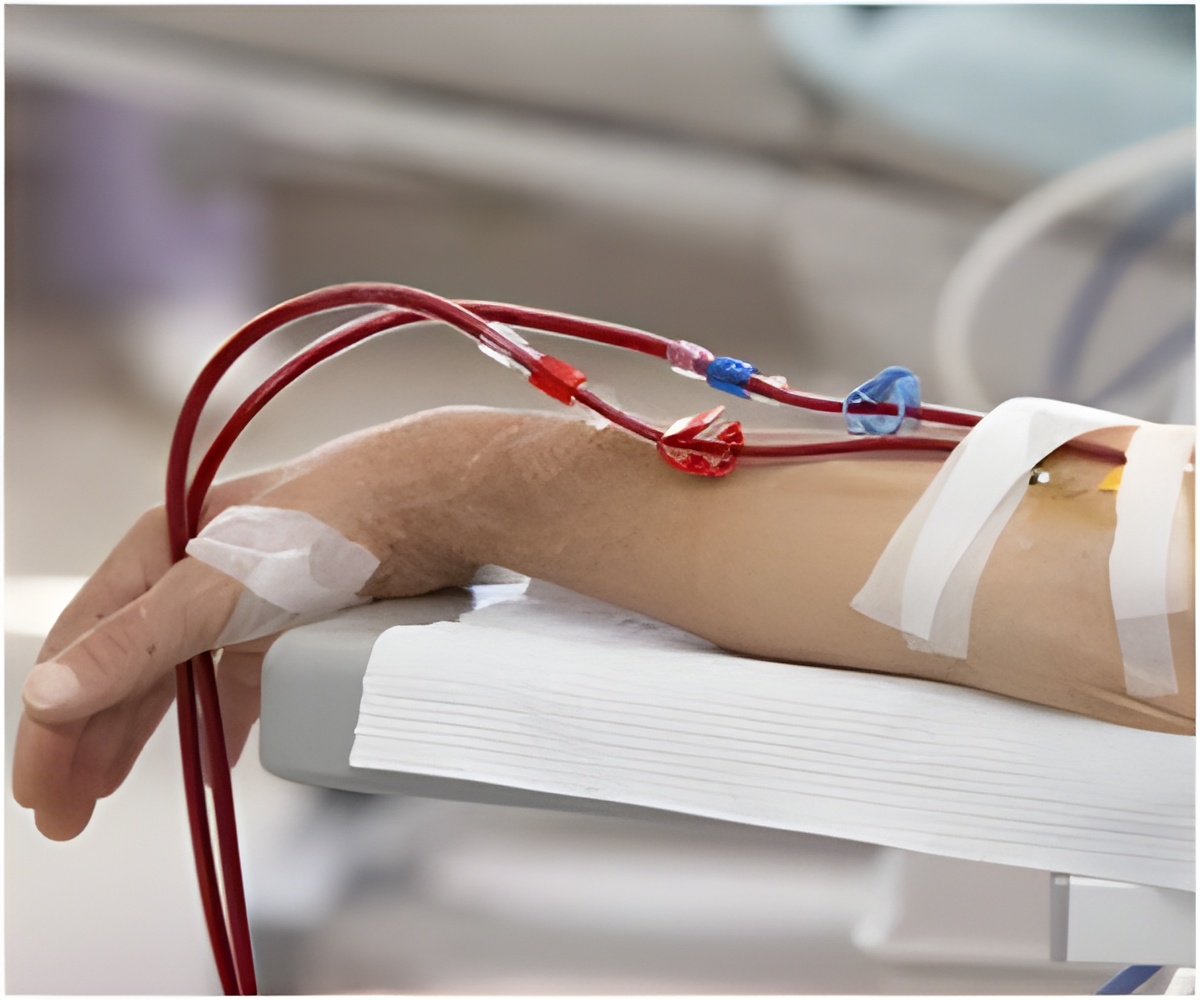
This boosted hopes that it could be used for patients undergoing peritoneal dialysis to clean their blood after suffering kidney failure.
Peritoneal dialysis -- used by more than 200,000 people daily -- entails inserting a catheter in the peritoneum, the thin membrane that surrounds the organs in the abdomen.
The treatment is life-saving, but prone to dangerous infection either at the entry point on the skin or in the peritoneum.
In a study published in The Lancet Infectious Diseases, doctors in Australia and New Zealand tested medical-grade honey -- honey that has been sterilised for medical use -- in a group of 371 volunteers.
Half of the group were given a daily application of 10 milligrams of honey on the site of the catheter insertion, alongside standard wound care.
Advertisement
They were given nasal swabs to test for the presence of the bacterium Staphylococcus aureus, and given the antibiotic mupirocin if this proved positive, and just standard wound care if the test proved negative.
Advertisement
Patients in the honey group had an average of 16 months until their first infection, and patients in the control group had an average of 17.7 months.
But there was disappointing news that came from patients with diabetes.
Among this sub-group, the time to first infection was much faster -- 11.6 months on average -- and the risk of peritonitis -- inflammation of the peritoneum -- was almost twice as high compared to patients with diabetes in the control group.
While the fact that honey doesn't contribute to antibacterial resistance makes it an attractive option for preventing infection at wound sites, our results suggest that honey cannot be routinely recommended for the prevention of infections related to peritoneal dialysis, concluded Professor David Johnson at the Australasian Kidney Trials Network at the University of Queensland.
Johnson also reported a high rate of withdrawal from the study in the honey group.
"This suggests that patients may have found the daily application of honey to the wound site uncomfortable or inconvenient," he said.
Source-AFP














